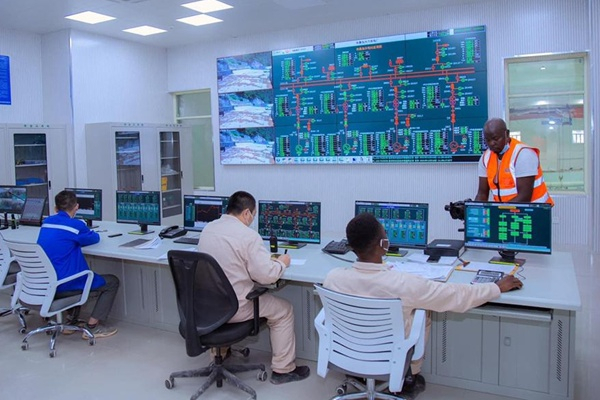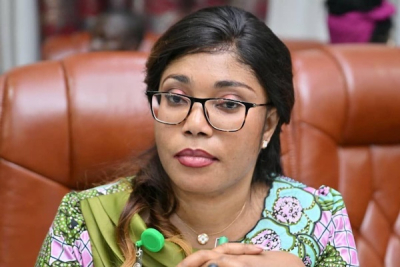The Democratic Republic of Congo has launched the National Energy Compact, a project to improve access to electricity. This was announced after the Council of Ministers meeting on November 8, 2024. The project specifically aims to raise the electricity access rate from 21.5% to 62.5% by 2030, thus raising the annual electrification rate from 1% to over 6%.
Congolese Minister of Water and Electricity, Teddy Lwamba, said $36 billion would be needed to achieve this goal. The funds will help finance generation, transmission, and distribution infrastructure, Lwamba said, adding that the government should contribute $16.5 billion, while the private sector is expected to provide $19.5 billion.
The Council of Ministers did not outline how the country plans to secure that amount within six years. However, previous consultations revealed that attracting private investment has been difficult due to a lack of a clear national energy policy. According to a report by the United Nations Development Program (UNDP), the absence of a defined vision and objectives has made it hard to mobilize financial resources for the electricity sector.
Since June 2014, the DRC has had laws to liberalize the electricity sector, but experts say these laws still have limitations. These include confusion over responsibilities within electricity sector organizations and delays in establishing regulatory authorities.
To make the sector more attractive for investment, the report recommends creating regulatory frameworks for managing energy resources like water and biomass, simplifying procedures for developing renewable energy projects, and revising legal frameworks to encourage competition in energy distribution. In detail, the report suggests introducing measures enabling private individuals to sell their surplus renewable energy to third parties (networks or direct consumers); strengthening financial mechanisms, including taxation, to facilitate access to energy services based on renewable energies; and including nullity clauses for any concession granted to a developer unable to meet the needs expressed within its concession perimeter.
Many of these recommendations remain relevant today as the DRC works towards improving its energy access and infrastructure.
Pierre Mukoko










